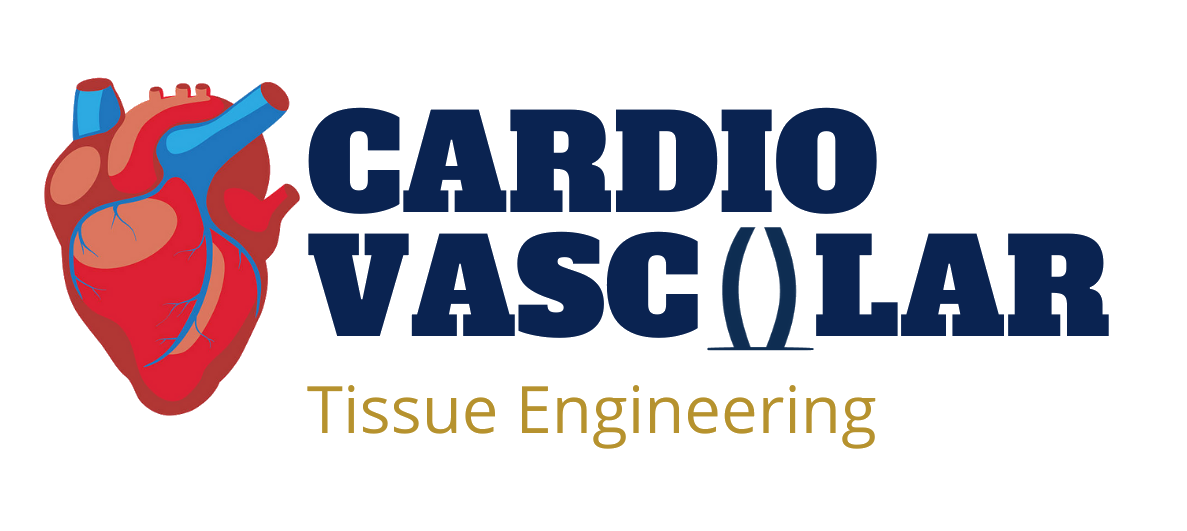KE M, I L, RR R, SL S, RM N. 27) Purified and proliferating endothelial cells derived and expanded in vitro from embryonic stem cells. Endothelium. 2003.
Abstract
Embryonic stem (ES) cells serve as an excellent in vitro system for studying differentiation events and for developing methods of generating various specialized cells for future regenerative therapeutic applications. Two obstacles associated with using embryonic stem cells include (a) isolating homogeneous populations of differentiated cells and (b) obtaining terminally differentiated cell populations that are capable of proliferating further. Here, the authors describe methods in which they have overcome these two obstacles by generating highly purified populations (>96%) of actively proliferating endothelial cells from mouse ES cells. Briefly, 60,000 ES cells progress through three different stages of cell induction/expansion and two cell isolation procedures, generating over 300 million endothelial cells. These ES-derived endothelial cells display characteristics similar to vascular endothelial cells in that they express several common endothelial markers, they form two-dimensional (2D) tubelike structures as well as complex microvessels in three-dimensional (3D) collagen type I gels, and they retain the ability to reorganize their cytoskeleton in response to mechanical forces. Our findings indicate that it is possible to obtain proliferating populations of homogeneous endothelial cells from mouse ES cells without genetically manipulating the ES cells or coculturing with feeder cells.
Last updated on 07/17/2022

